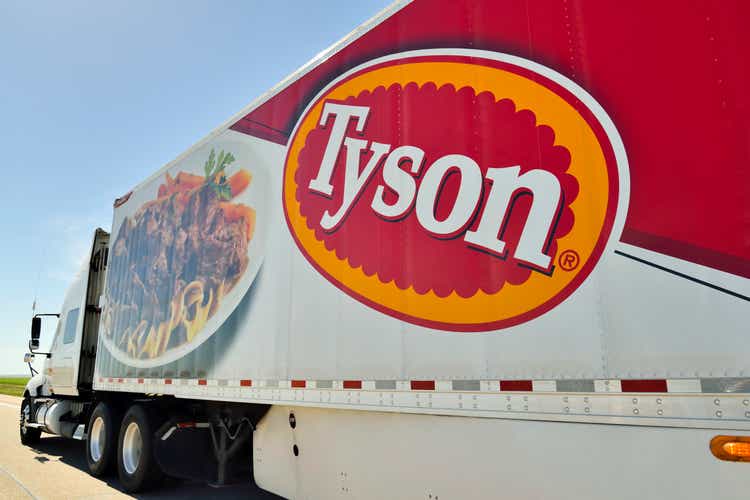Two years ago, when Johnson & Johnson announced it was spinning off its consumer brands including Tylenol, Band-Aid, Motrin, Sudafed, and Neutrogena into a new company called Kenvue, investor anticipation was high. The thinking was simple: The company was packed with household names that had room to grow, untethered from all the problems of the J&J mothership.
Kenvue shares rose 22% in their trading debut in May 2023. But the honeymoon was short-lived. Barely 15 months after the spinoff, activist investors tired of anemic growth, started to demand change. Since last autumn, Starboard, Third Point Capital and Toms Capital Investment Management have all pressured the company to find ways to accelerate growth and increase profit margins.
All that culminated on Monday with the abrupt resignation of Kenvue CEO Thibaut Mongon, his replacement by board director Kirk Perry on an interim basis, and the confirmation that Kenvue is undertaking a strategic review in the hopes of “optimizing” a sprawling portfolio and boosting profitability.
“Kenvue has world-class brands in attractive categories and a strong global platform. The actions announced today are to ensure we have the right talent, brand portfolio and operational foundation to fully capitalize on those strengths, accelerate profitable growth and best position the Company for future success,” said Larry Merlo, Kenvue’s chair and the former CEO of CVS Health.
The leadership shakeup comes on the heels of a rough earnings call. Kenvue announced on Monday that in its most recent quarter, it expects net sales to fall 4%, continuing a downward trend. As a result of that weak performance, shares fell from their all time high of about $27 in 2023 to around $21.25 today. In contrast, the S&P 500 has risen more than 40% in the last two years.
Kenvue’s challenges stem from the same factors that created so much optimism at its debut. J&J spun off its consumer business to focus on its highly profitable pharmaceutical businesses, much as Merck, Sanofi, Pfizer and GSK had in previous years. The goal was to streamline J&J, not make Kenvue’s portfolio composition ideal from the start.
The practice is not unusual in corporate America; spinoffs are often repositories for brands the parent company did not want. But Kenvue struggled to balance and diversify its own brand portfolio, and figure out a formula that would work outside of the J&J umbrella. In retrospect, a boosterish comment from Mongon on the day of the spinoff, who had been leading J&J’s consumer business since 2019, seems like a warning sign. “We are the only company of our size covering all of consumer health,” Mongon said in 2023.
Fortune was unable to reach Mongon for comment.
Ultimately, the activists pressuring Kenvue to sell off some brands, or even consider selling itself entirely (its market capitalization is $40 billion) have prevailed. Last month, Reuters reported that Kenvue was focusing on its marquee brands like Neutrogena, and considering selling many others including Clean & Clear, Maui Moisture, Neostrata, its German baby care brand Bebe, and Japanese brand Dr.Ci:Labo.
With Perry at the helm now, Kenvue has a leader who is a veteran of Procter & Gamble, and intimately familiar with periodic portfolio resets that activists have clamored for.
But Kenvue’s shares barely budged after the CEO and strategic overview news. That suggests investors are not expecting Perry—or whoever becomes permanent CEO—to turn things around quickly.
This story was originally featured on Fortune.com

 4 hours ago
1
4 hours ago
1






















 English (US) ·
English (US) ·